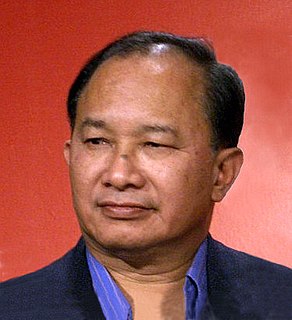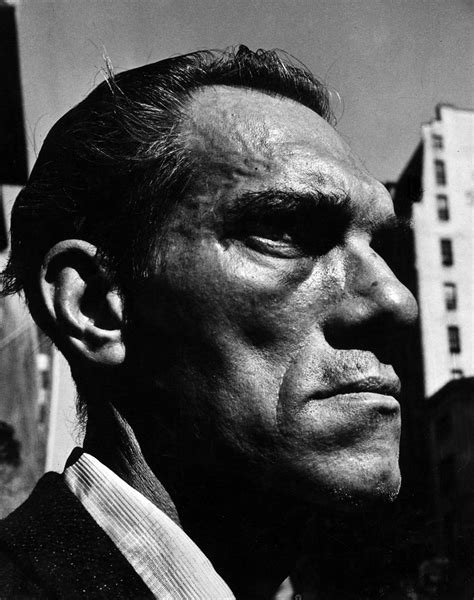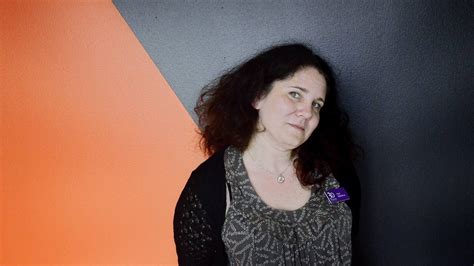A Quote by Jean Hanff Korelitz
I started thinking about what I've always been interested in: how people can't see things that are right in front of them. All you have to do is read the papers to see endless examples of smart people who can't see the nose on their faces.
Related Quotes
I'm always interested in hearing how other people read and react to my songs. I hadn't thought of it in just that way. One of the things I love about doing things that are creative is that I feel like it's my right as an artist not to be affected by the reactions of those people that are going to hear my songs. But I also feel like it's the right of the people hearing them to have their own interpretations of what these songs mean. Sometimes people will see things that I don't see.
To see talented people in roles that others might not see them in, to see how they might fit in the puzzle of the cast, has always been something that I've been good at. I think that if you look at the successes of my films and start to peel them back, there's usually a really smart casting decision that has gone into that success.
I've always been interested in people that you wouldn't see otherwise. If you look back at my books, photographs, and films-and since I'm doing this retrospective I've been forced to look back-the work is always about a small group of people who are somewhat isolated, and who you would never see if I didn't film or photograph them.
If you go to a therapist, they say, 'Are you sure? How do you feel about your wrinkles?' And I say, 'I don't know, because I don't really see them.' I see my hands, but I don't see my face, so it's not a torment. I only see it for five minutes in the morning when I brush my teeth! When you read women's magazines you always read about this drama of getting old, about anti-aging cream and plastic surgery and whatever else. But I think if you're independent, like I have grown to be, it's welcome.
When I'm unable to see a mistake I made right away. Maybe this is my Taurus mentality, but sometimes I don't see it and I don't see it and then, before you know it, I finally see it, and I'm like, "How the hell did I not see that? It was right in front of me all this time." And I have to look at the wake I left behind, the disappointment. That makes me feel weak.
Watching people is a good hobby, but you have to be careful about it. You can’t let people catch you staring at them. If people catch you, they treat you like a first-class criminal. And maybe they’re right to do that. Maybe it should be a crime to try to see things about people they don’t want you to see.
When geologists announced the beginning of a new geological epoch, the Anthropocene, humans destroying the environment, one of the main things they pointed to is the use of plastics in the earth. We don't think about it, but it has a tremendous effect. But these are things you don't see right in front of your eyes. You need to think about them a little, to see what the consequences are. It's easy to put them aside, and the media don't talk about them.
I don't view myself as a particularly intelligent people, but I do have one ability that I've demonstrated over and over again, that's helped me see things that other people for whatever reason have not seen. That's that most people see what they expect to see, what they want to see, what conventional wisdom tells them to see. I guess it could be stated that most people only hear the music, not the lyrics of human events.




































